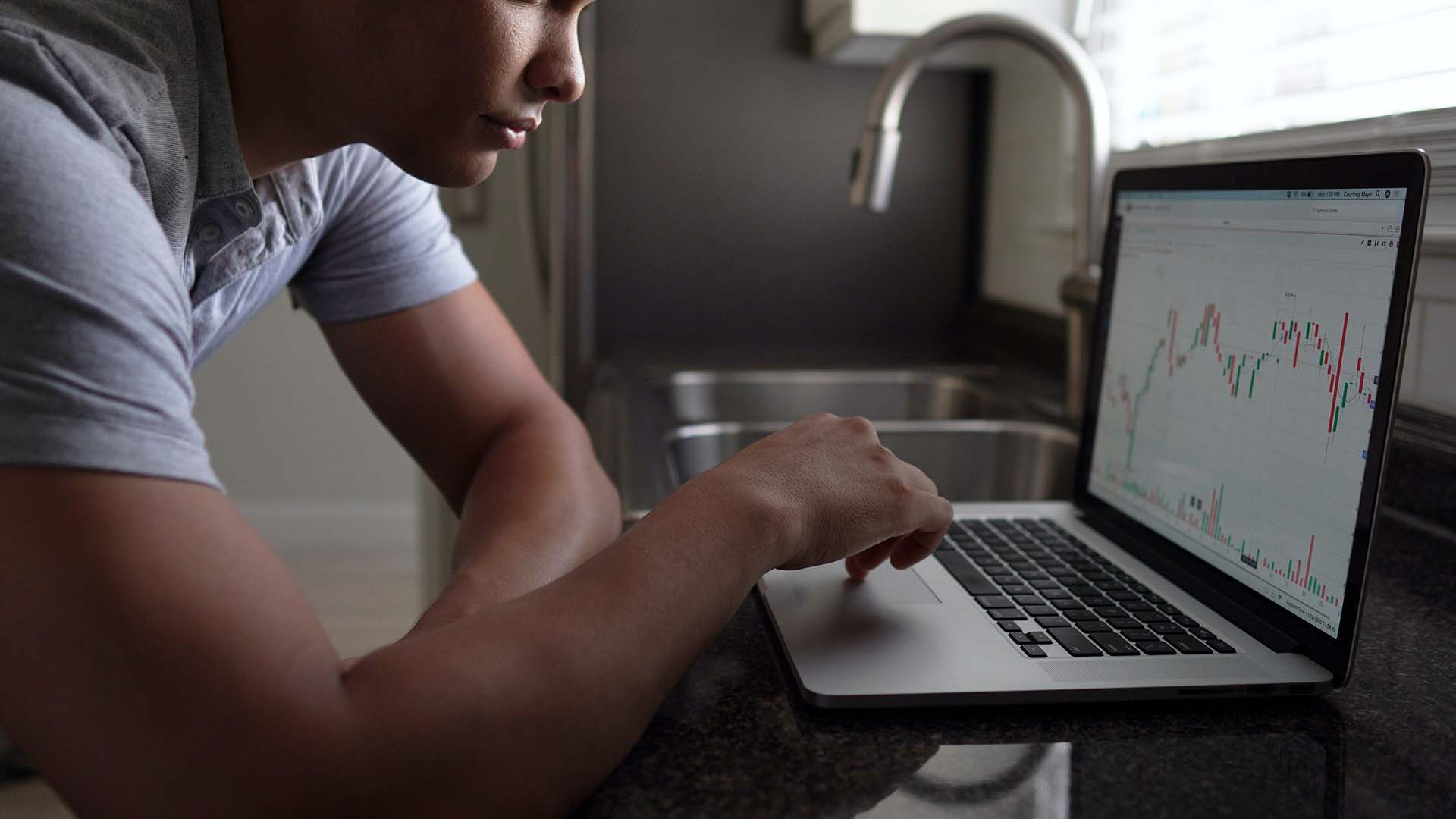Question
Today Joe M. asked, “What are your thoughts on exchanges quoting options in pennies instead of nickels and dimes? It seems like it should narrow the spread.”
Answer
I’ve heard many people write on the topic and I do have an opinion – I don’t think it will materially affect your profitability. It can’t hurt, but I don’t think it will make much of a difference.
Market Makers/Designated Primary Market Makers/Specialists (MMs) have an obligation to make a two-sided market (post a bid and an offer). The exchanges have a rule set that dictates how wide that market can be and the minimum size (10 contracts) that must be honored at that price. It is based on the nature of the underlying stock (volatility, price, volume…) and it gives the MMs a tremendous amount of latitude. The “cushion” is there to protect them and to make this function rewarding. Remember, they are forced to take the other side of a trade that no one else is wants. They pay the exchanges for this privilege.
This role used to be handled entirely by humans. Now sophisticated programs have been built to handle the process. The role of the “Floor Trader” has been greatly reduced and “off-floor” personnel monitor aggregate positions/risk/systems. The algorithms are based on the price of the underlying stock, the bid/ask of the particular option and the size and price of the last trade for each option. They know if the other side is an individual or an institution. If you execute an options trade, chances are the other side is an electronic quote.
If an individual with deep pockets wanted to play MM they couldn’t because their transaction costs are too high and they can’t adjust their markets. Every time an order is canceled, the exchange charges the brokerage firm (if there cancel quota has been met) and they in turn charge the account. If individuals were able to compete, they might be bold enough to improve the market on one side of the trade and the penny change might narrow the spreads. Until then, the MM’s are the only game in town and their auto quotes are based on where the other firms/exchanges are quoting the same option. I know they are. I traded against these disparities for 3 years and I used a sophisticated program to identify when they were out of line with each other. I watched the auto quotes evolve and that “loop” has been closed. I am certain the programs that once put greater weight on properly pricing the option now give more weight to where the crowd is. They do not want to be the solo bid/offer.
If one MM firm wanted to be a little more competitive, they might be willing to forego a penny to get the order. However, they know others will join and everyone’s profit decreases. There is no incentive to engage in this practice. The function of MM is concentrated in a handful of large trading firms that have spent hundreds of millions of dollars on programming, have the lowest cost of capital, miniscule transaction costs and access to OTC (“off-floor”) markets. They have no desire to cut each others throats.
Liquidity is one of the biggest issues faced by the option markets. In very liquid options where there is a great deal of order-flow (1000+ contracts/day), the pennies may make a small difference. In those instances you may be trading against other retail customers. In ill liquid options where the MMs are the other side, expect no change.









